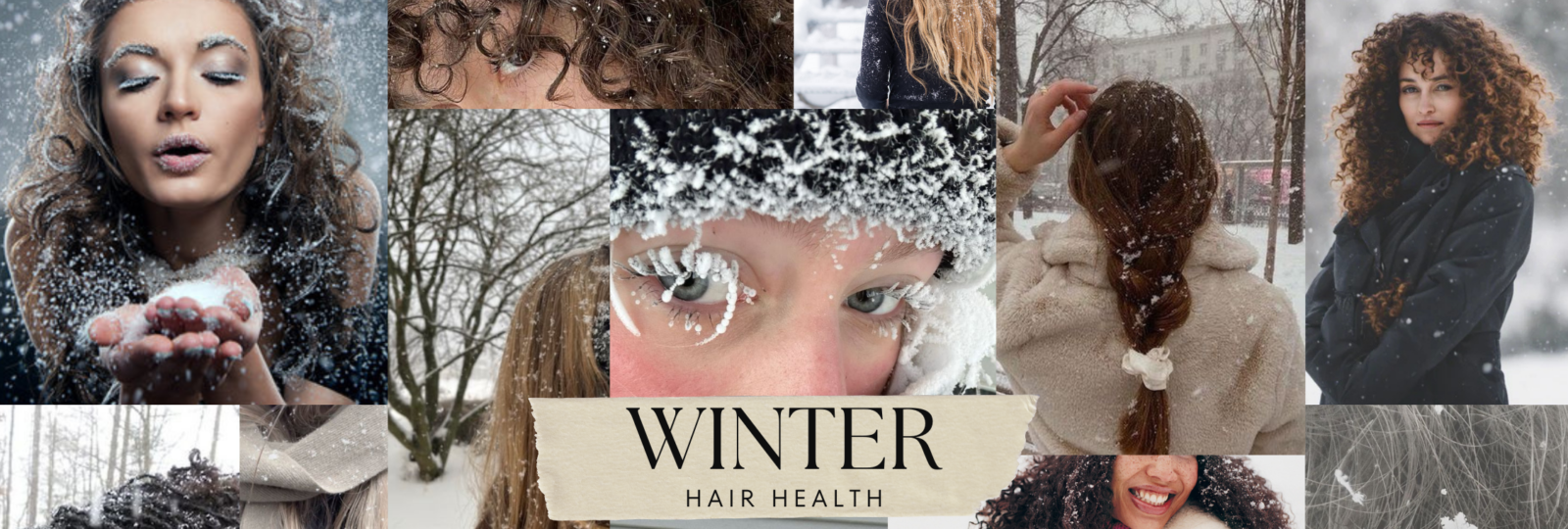Winter Weather Hair Care
Share this story

Hair studies show how hair changes over the winter which can lead to higher rates of hair loss, in response community members of Waukee are left wondering how they can maintain their hair health through the cold season.
A study by VA Randall and FJ Ebling stated, “The number of shed hairs peaked around August and September when least follicles were in anagen. At this time the average loss of hairs was about 60 per day, more than double that during the preceding winter. The rate of growth of the beard was lowest in January and February and increased steadily from March to July to reach a peak of about 60% above the winter level.“
Winter comes with cold dry air and dreary cloudy skies. Air absorbs less moisture in low temperatures, meaning less humidity. A lack of water vapor in the air can lead to dehydrated and brittle hair during the winter. This is one of the main contributing factors to increased hair loss over the winter months.
Other sources link this seasonal hair loss to vitamin D absorption. Humans absorb most of their vitamin D from solar rays, which are stronger in the summer and weaker in the winter. Having thick hair over summer months would protect from an excess of sunlight and thin hair over winter months would allow for the absorption of the little sunlight the scalp can get. Biologically, it makes sense how humans would evolve to follow this pattern seasonally.
Understanding the causes of hair loss helps to narrow down the solution. Local cosmetologist, Shanelle Burke, explained, “So within the winter, with it being so dry and cold outside, and then when you come inside, it’s hot; those things can affect your hair in different ways. So in the winter, you would need more hydrating/moisture products than you may need in the summer. You would also need to do things like protecting your hair from hats because those things can cause some breakage, so you need to go an extra step to protect your hair from those things. This time of year is normally the time of year where [you] need to be using deep conditioning treatments or masks regularly.”
Burke stresses the importance of using hydrating products in the winter, no matter the hair type. In her professional opinion, she believes that the only needed change is the volume and weight of the product. According to hair type, a thicker moisturizer may either weigh down or not have enough moisture. It is important to ensure that the products chosen are correct for the hair type and not to generalize.
Moisture addresses cold and dry air, but what about the lack of sunlight and vitamin D? Multiple sources say the answer is not topical but systemic. Hair cannot continue to grow if it does not have the resources to grow.
The Institute of Trichologists, the science of hair, wrote, “Hair is not an essential tissue – this means the body will not prioritize its growth. When we become deficient in certain areas, it can really take its toll on our tresses. A poor diet can produce poor quality hair so really do try to consume a well-balanced daily diet.”
“I will say one of the things that I teach in my salon is healthy hair grows from the inside out, so I always recommend taking vitamins to my clients. Vitamin D is one of the main ones, iron, and things like that. If you have an iron deficiency or a vitamin D deficiency, your hair can fall out. I always recommend that you’re taking a multivitamin all year long, and with the weather changing sometimes you may have certain deficiencies in different seasons,” Burke agreed.
